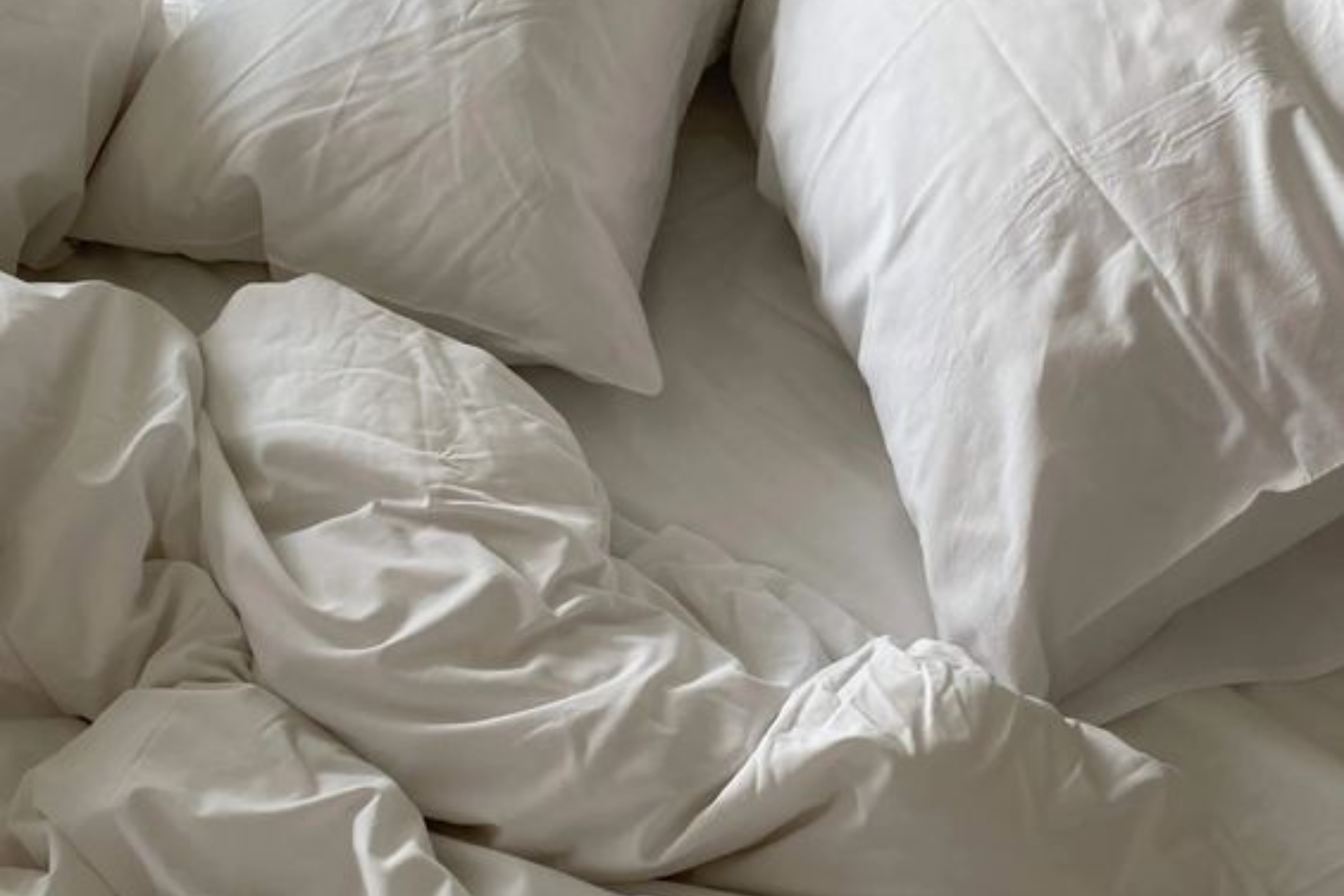
Sleep and Alcohol: What you need to know
We’ve all been there—reaching for a glass of wine to unwind after a long day or to help us drift off to sleep. I’ll admit, sipping red wine used to be my go-to strategy for falling asleep on airplanes. And while it’s true that alcohol can help you fall asleep faster, even a single glass can significantly impact the quality of your sleep.
Here’s the thing: alcohol acts as a sedative, which might make you feel drowsy and relaxed at first, but sedation isn’t the same as natural, restorative sleep. While alcohol does reduce the time it takes to enter NREM Stage 1 (the first stage of sleep), its effects don’t stop there. Once your body begins metabolizing the alcohol, it disrupts your sleep cycles, resulting in lower-quality, less restful sleep overall.
How Alcohol Disrupts Sleep
One of the biggest ways alcohol affects sleep is by reducing the amount of time your body spends in REM (rapid eye movement) sleep—a critical stage of the sleep cycle tied to:
- Learning
- Memory consolidation
- Emotional regulation
When your REM sleep is cut short, the consequences often show up the next day:
- Difficulty concentrating
- Irritability
- Mood disturbances
Alcohol also fragments your sleep, causing you to wake up throughout the night. You might not even remember these brief awakenings, but the interruptions leave you feeling groggy and unrefreshed the next morning.
A Better Way to Unwind
While everyone’s tolerance for alcohol varies, experts generally recommend avoiding it in the hours leading up to bedtime. Instead of relying on a nightcap, consider adopting habits that naturally guide your body into a relaxed state. Establishing a consistent bedtime routine and practicing good sleep hygiene can make a huge difference in how rested you feel.
Tips to Wind Down Without Wine
If you’re looking for healthier ways to get into the “relaxation zone,” try these simple strategies:
- Ditch the screens. Avoid phones, tablets, or any bright screens before bed, and consider keeping your phone in another room while you sleep.
- Take a warm bath. A soak before bed can help relax your muscles and signal your body that it’s time to wind down.
- Stretch and meditate. Gentle nighttime stretches or a short meditation can help release tension and calm your mind.
- Slip into cozy pajamas. (We’re partial to our RANI sleepwear for maximum comfort and relaxation!)
By swapping that glass of wine for restful bedtime habits, you’ll wake up feeling refreshed, clear-headed, and ready to take on the day. Sleep well—you deserve it.


